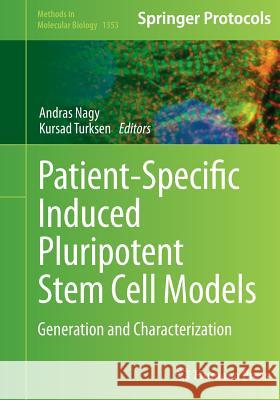Patient-Specific Induced Pluripotent Stem Cell Models: Generation and Characterization » książka
topmenu
Patient-Specific Induced Pluripotent Stem Cell Models: Generation and Characterization
ISBN-13: 9781493949731 / Angielski / Miękka / 2016 / 368 str.
Kategorie:
Kategorie BISAC:
Wydawca:
Humana Press
Seria wydawnicza:
Język:
Angielski
ISBN-13:
9781493949731
Rok wydania:
2016
Wydanie:
Softcover Repri
Ilość stron:
368
Waga:
0.66 kg
Wymiary:
25.4 x 17.78 x 2.01
Oprawa:
Miękka
Wolumenów:
01
Dodatkowe informacje:
Wydanie ilustrowane











